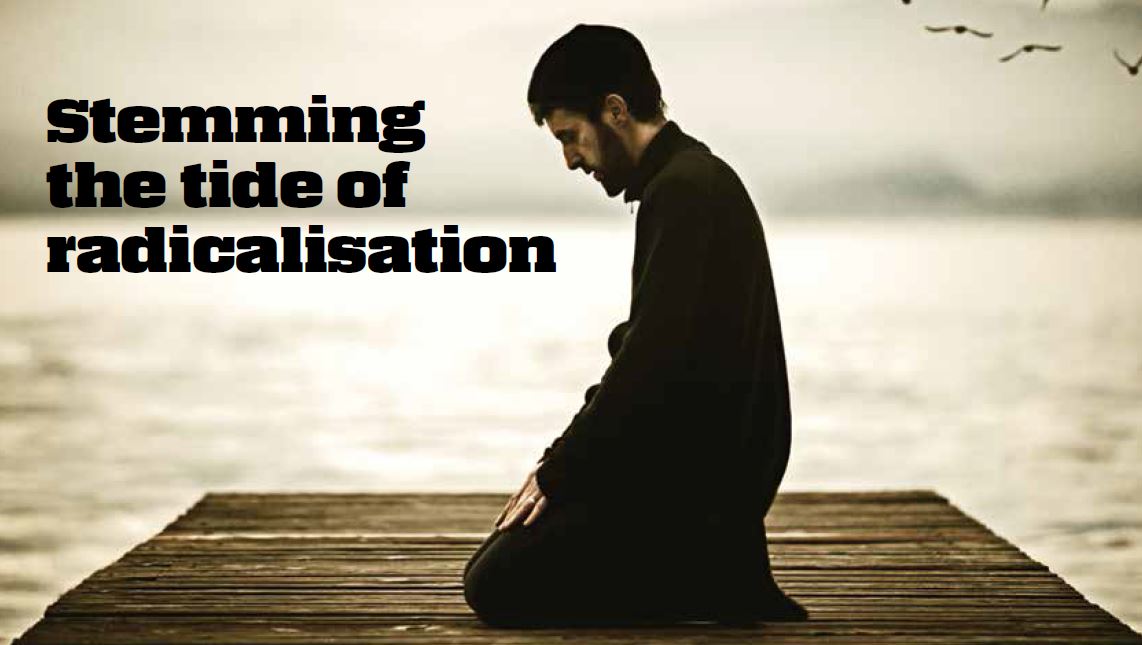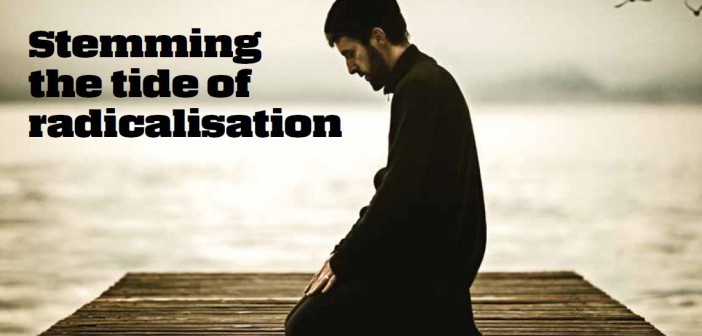
There is a gap in the Government’s approach to combatting radicalisation. In an effort to stem the tide of radicalisation, tens of millions of dollars are being spent; seemingly with little affect. In this feature, Anooshe Mushtaq explores the experiences of young Muslims who are on the frontline of this battle and tries to identify the missing ingredient.
Migrating to another country is full of challenges, no matter how similar the cultures of the countries may be. There is a change and adjustment period required to assimilate into the new surroundings. Most immigrants leave an entire ecosystem behind that they spent most of their lives building. The elation of starting a new life is often underpinned by a cultural shock leading to feelings of alienation and confusion. There are feelings of loss of a world migrants knew but is no longer accessible. My family’s migration from Pakistan to Australia, when I was a young teenager in 1985, was rife with challenges as well. While I was fortunate enough to have parents who encouraged me to get an education and adapt to this new world, this was not the case for many people I associated with in the Australian Muslim community. Some people in the migrant Pakistani community had become prisoners in their own homes and created a new ecosystem for the sake of cultural and religious preservation.
After 30 years in Australia, the turbulent years of settling, understanding and accepting the Australian way of life are a distant memory for me. Australia is home, it is my way of life and this is where I belong. This is a life starkly different to the one that I was groomed for in my early years. Life in Pakistan was about conformity. We were raised to believe that our actions were directly linked to rewards and punishment in the afterlife. We were told not to question the dictums of religion or anyone who was an authority on religion. Respect for elders and teachers formed the basis of our upbringing and acceptance and admiration of the community was a part of our core beliefs.
My parents, although religious, were not conservative compared to a vast majority of the people we associated. They raised my two sisters and me to be independent and educated. I guess it had something to do with the fact that my father was in the Pakistan Air Force and life in the armed forces is generally more progressive as opposed to civilian life. Nonetheless, I grew up knowing that social and religious acceptance needed to shape my thoughts and actions. Deviation from cultural norms was unacceptable to my parents and the wider community and I was left in no doubt that my indiscretions were linked to punishment in the afterlife. We were raised to believe that this world is only temporary, existing merely to test our faith. Everything we did in this world was an investment in the afterlife and the rewards it held for us… Click HERE to find out more about this article





